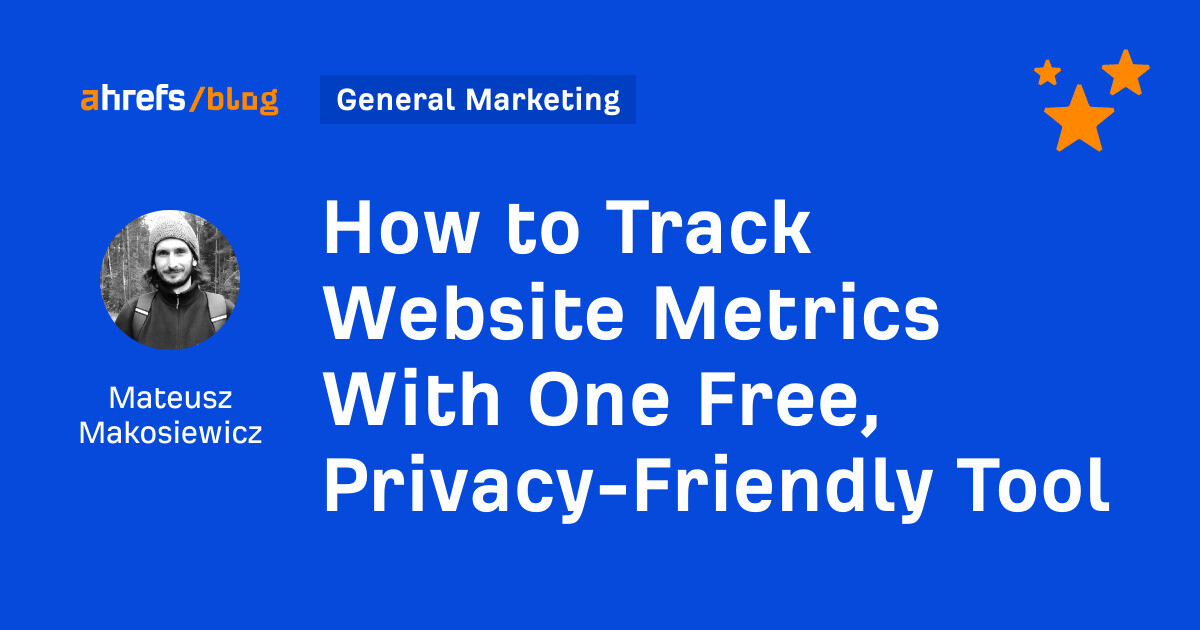Ask An SEO: Should We Optimize For Keywords With High Search Volume Or Competition? via @sejournal, @rollerblader
Stop obsessing over 500 searches. This week's Ask An SEO shows how to decode keyword intent and turn Google Keyword Planner into an SEO asset. The post Ask An SEO: Should We Optimize For Keywords With High Search Volume...

In this week’s Ask An SEO, Chandrika asks:
“What are the important points to consider when doing keyword research for SEO using Google Keyword Planner? Should we focus on keywords with a monthly search volume of 500? Or, should we prioritize keywords with low or high competition?”
This is a great question, and here’s an easy answer: Don’t focus on the keyword. Focus on the solution for the user based on the intent of the keyword.
Google Keyword Planner shares the estimated search volume for a keyword, but that doesn’t mean the entire volume represents your audience. Some of them may be looking for information rather than shopping, and only a portion of them are there to be converted into revenue.
The word “bark,” for example, could be the bark on a tree or the noise a dog makes.
A search for bark on a tree could be what it looks like or feels like, whether it’s a sign the tree is healthy or not, and questions about using it to determine the age or genus of the tree.
“Bark” for a dog could refer to the specific sounds made by certain breeds, could indicate that the dog is sick, or the user is looking for ways to get a dog to stop barking or train a dog to bark on command.
If there are 500 searches, perhaps 300 are for the noise the dog makes, from which 200 are for determining if the dog is sick or healthy, and 50 are for training your dog to bark.
If you sell books on dog training, this may not be the best phrase to go after, but it is a topic you may want to cover. This is where optimizing for the topic comes in.
The topic will encompass the “SEO keywords” and increase the potential pool of traffic based on the entity it ranks for, and the solution it provides.
Optimize For The Solution And Topic
Instead of optimizing for a keyword by stuffing it into the copy, headers, and title, optimize for the topic it relates to.
Ask yourself what the person searching for this keyword is looking for, and build a series of pages that meet these needs.
If it is a conversion phrase, then incorporate the questions and solutions the person has related to the product query into the product or collection page. This can be done in the copy itself or in the FAQs, if your template has them. When the keyword has an informational and conversion intent, such as “micro needling,” it can be about the process and procedure, a before-and-after photo series, or someone looking to find a local med spa. This means your site should have multiple content types for the SEO keywords based on the stage of the customer’s journey, including: Pages that show the before and after, and by skin type and age. Blog posts and guides that cover the process and alternatives if it isn’t a match. Comparisons between micro needling and similar procedures to help the person know which is better suited to their needs. A direct conversion page where you can onboard the lead or take payment.By creating guides that address the topic, your website becomes stronger for the specific phrases.
Machine learning and AI are getting better at understanding what the content solves, and they use the trustworthiness of the content and its phrasing to determine the keywords the page should rank for.
If the content is clearly showing knowledge and expertise, and the claims or solutions are backed up by proven facts, you can show up for keywords without optimizing for the phrase from Google Keyword Planner.
Once you have the content and user intent, like shopping or learning, completed text-wise, add schema.
Use article or blog post schema, depending on whether you’re a news site, for informative content. Use the shopping schema, such as product, collection, or service, along with the area served and additional types to help drive the intent of the page home.
Keywords With Higher Search Volumes
Keywords with high search volumes are tempting to optimize for. However, instead of worrying about the keyword, take other keywords that are similar and are part of the solution.
Put those together into a group, and then think about how they interact to educate the person so that the person will have the information they need to make an informed decision about their purchase, whether it is a product or a collection/category page.
Keywords and search volumes are part of topics, but you don’t focus on their volumes – focus on the solutions for the phrases.
Your goal is to create the ultimate resource for the topic, whether it’s a question, a guide, or compatibility for products and services.
When you do this, the keyword search volume may multiply exponentially, and you can optimize the same page for multiple high-volume phrases.
By doing this, you may also be able to avoid creating content that cannibalizes itself by having a content map of your website.
When you know a page is dedicated to a topic and specific intent, you have your reminder not to create another page just because there is a search volume you found.
Instead, try to incorporate the theme of the phrase based on the search intent into the correct page for that search volume.
Competition Scores Do Not Matter
Someone has to show up for the phrase, so why shouldn’t it be you?
Competition scores are scores made up by SEO tools, not used by search engines.
Search engines are concerned with providing the most accurate answer in the easiest-to-absorb format and in the fastest way possible. If you do this, you may be the site that gets the ranking and the traffic.
For highly competitive phrases where big money is being spent, you will need some authority and trust, but there’s no reason you shouldn’t create the content that can rank.
You may get lucky and take traffic from the more established sites – it happens a lot. When it does, it can attract backlinks naturally from highly authoritative sites, which helps build your site’s stability.
Another reason to create this content now is that having it in an easy-to-use and trustworthy format can help it rank once your website is strong enough. I’ve seen this happen, where multiple pages rise to the top during core updates.
If you don’t create the content because you think it’s too competitive, you won’t have the chance to rank it when core updates happen.
The last thing I’d consider when looking at keywords with 500+ monthly searches is the long tail.
Long-tail phrases can be part of the topic. When you filter a keyword research tool to only show volumes at 500+, you miss out on parts of the entity, which can include consumer questions.
Knowing what matters to the consumer or user helps to provide them with more complete solutions.
When the page answers all of their questions, they can now convert (if your funnel is good), or they may subscribe to your publication because you’re a solution provider.
We never focus on SEO keyword volume when doing research, but we love high volumes when we find them.
We look at what will benefit the person on the page and if it matches the topic of the site, products, and services.
From there, we use keywords and search volumes to set a potential goal in traffic, but we don’t stress if there is no search volume.
Google Discover data, for example, isn’t going to show up, but if the content aligns with interests and your site qualifies, you could get featured and attract a ton of new visitors.
I hope this helps answer your question.
More Resources:
Should You Focus On Zero Search Volume Keywords? How To Find Low Competition Keywords (Using Free Tools) SEO Trends 2025Featured Image: Paulo Bobita/Search Engine Journal

 Troov
Troov 
































